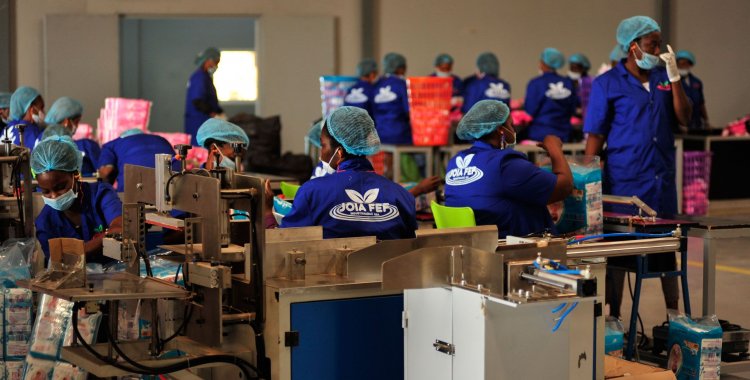For that entity, which is the result of an initiative by several academics and experts who met at the NRA ('Angola Research Network'), "any project to relaunch the industry must start by having the right context. That context is a free economy , with a social climate conducive to investment ".
Researchers defend the absence of "massive corruption" and "barriers to accessing markets", and propose "functional justice" and "reasonable taxes" for citizens.
The "de-bureaucratization of public administration" and the existence of a "pro-business state", are two other basic assumptions pointed out by Cedesa.
"Corruption distorts the rules of economic competition and prevents free access to markets, which are fundamental conditions for industrial development", says the organization.
In addition, "businessmen must be free to obtain their factors of production and settle in to produce," he says.
On the other hand, the justice system, "should not be seen as corrupt, slow and incompetent, but as applying the rules, punishing those who do not fulfill contracts and having legal and normal forms of debt collection".
As for taxes, "they should tend to be moderate and not stifle productive activity".
Finally, the State must play a "promoting and proactive" role in industrialization, pointing and framing paths, building infrastructures, qualifying its workforce and establishing partnerships.
A complex path for the country of Africa, where corruption is considered the greatest evil, with an "inefficient" public administration and high taxes.
Regarding the development of a plan for the development of industrialization in the country, Cedesa argues that any proposal must include "strong agriculture", with a focus on agriculture, a new industrial vision that is no longer so linked to large heavy investments and the search for value added.
Instead of "mere copies of industrial models" from other countries, the executive must "see where Angola has benefits in industrializing".
In its proposal, Cedesa also proposes the use of natural resources for industrial production, adding "value instead of exporting raw, allowing the gains to be appropriated by others".
"Here we have the most obvious example, that of oil. What makes sense is to develop the industry downstream from oil: refining, petrochemicals, plastics, fertilizers", can be read in Cedesa's proposal.
The most recent data referring to the weight of the manufacturing industry (except crude oil refining), from the second quarter of 2020, point to a contribution of 4.8 percent to the country's GDP. That contribution was 3.69 percent in 2002, and 4 percent in 2017 and 2018.







